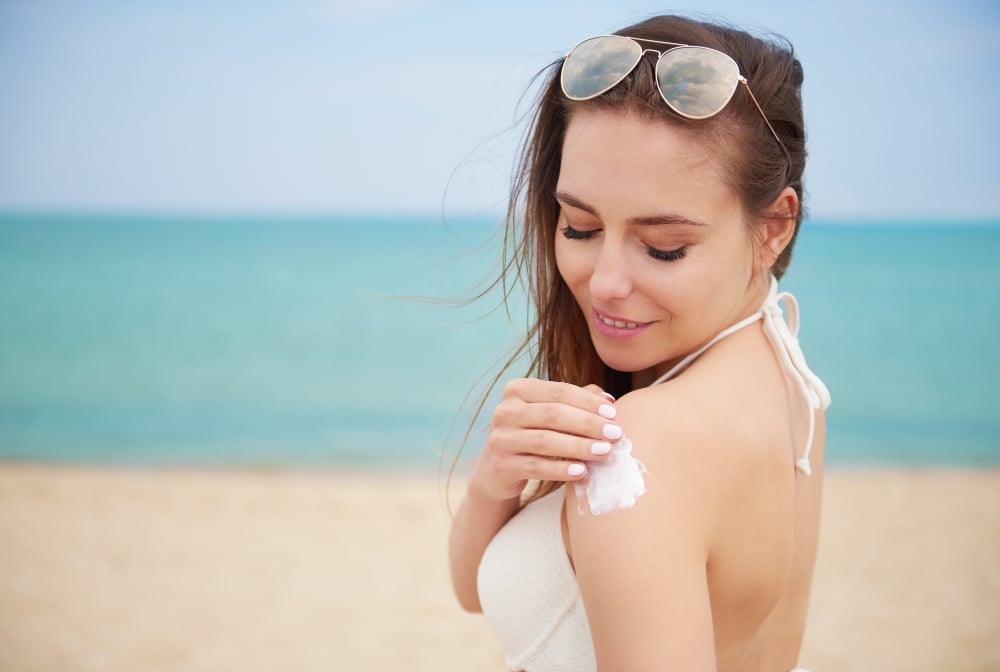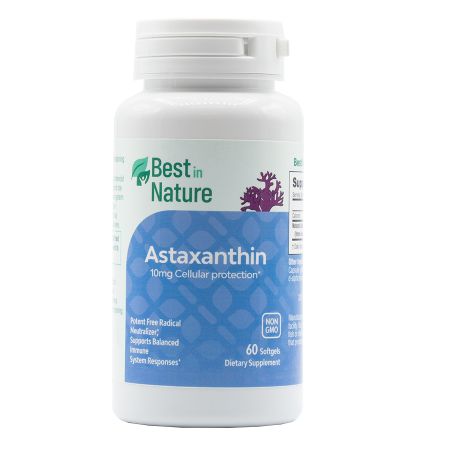
Summer is in full swing now, and most people are ready to get outside! It's time for long days spent outdoors with the wonderful heat of the sun shining down on you. As rejuvenating as it is spending the day in the sunlight, there are also certain precautions you must take.
Spending too much time in the sunlight can put you at risk of experiencing UV ray-related health problems. Not only are sunburn and heatstroke obvious concerns, but long-term exposure can also lead to skin cancer and premature skin aging.
You don't have to stay indoors and watch the summer pass you by to avoid the damaging effects of the sun's UV rays! There are plenty of ways to stay safe while still having fun in the sun. We'll walk you through some of the best sun safety tips, so let's dive right in.
Related: Healthy Ways to Boost Your Immune System
Risk Factors For Effects of UV Radiation Exposure
Everyone is at risk of experiencing the damaging side effects of UV radiation exposure. Regardless of your skin type, hair color, or medical history, you risk developing complications from spending too much time in direct sunlight.
However, those with any of the following factors should know that they are more susceptible to negative effects following UV radiation exposure:
- Pale Skin
- Blonde, red, or light brown hair
- History of or currently being treated for skin cancer
Health Consequences From Too Much UV Radiation Exposure
Most people know that spending too much time in direct sunlight while your body is soaking up UV radiation can lead to skin cancer, but it can also cause a host of other issues.
Here are the most common health consequences related to UV radiation exposure:
- Premature aging of the skin
- Cataracts and other eye problems
- Immune Suppression
Related: Anti-Aging Supplements: Can They Really Slow Aging?
Steps To Protect Yourself
Thankfully, you can take plenty of steps to protect yourself from those damaging UV rays. It's not about staying indoors and out of the sun; it's about safeguarding your health while enjoying the great outdoors.
1. Avoid Outdoor Activities During The Harshest Sunlight Hours
When the UV index is very high, and you're worried about its effects on your health, avoiding the strongest hours of sunlight is the best way to protect yourself. Generally, these hours are between 10:00 am- 4:00 pm.
2. Stay In The Shade
Staying in the shade will lower your risk of skin cancer and other negative health consequences. Find a nice tree to stay under, or bring an umbrella outside with you.
3. Optimal Clothing
Wearing protective clothing will help block the UV rays from hitting your skin. Find clothes you won't overheat in, but still cover most of your skin. Long-sleeved shirts and pants are the best choices, but be careful not to overdress and cause yourself heat exhaustion!
4. Wear A Hat
Wearing a hat will help protect the top of your head, face, and neck. Finding a big floppy hat, commonly referred to as a sun hat, will provide maximum protection.
5. Sunglasses
Sunglasses look great and are great for protecting your eyes from harmful UV rays. When choosing sunglasses, opt for ones with polarized lenses. These glasses universally block more than 99% of UVA and UVB radiation and provide the most protection against UV rays. Make sure your choose sunglasses with a UV400 rating or "100% UV Protection" on the label.
Related: How to Take Care of Your Eyes and Symptoms to Watch Out For
7. Sunscreen

Sunscreen is designed to help protect your skin from UV rays, and it's your best line of defense when spending time outside. However, it's essential to ensure that you get the right kind of sunscreen and apply it correctly.
Choosing The Right Kind
Use these tips when you're shopping for sunscreen to make sure you're buying the right kind:
- Broad spectrum
- SPF of at least 15. Sunscreens with less than 15 SPF, or that aren't broad-spectrum, must carry a warning: "Skin Cancer/Skin Aging Alert: Spending time in the sun increases your risk of skin cancer and early skin aging. This product has been shown only to help prevent sunburn, not skin cancer or early aging." If you see this warning on a sunscreen product, then look for a different product.
- Water Resistant
- Avoid sunscreen with vitamin A (retinyl palmitate)
- Avoid oxybenzone
Applying Sunscreen Correctly
Here are some tips for applying your sunscreen correctly:
- Apply generously in a thick layer on every unprotected part of your skin
- Ask someone to help with hard-to-reach areas (like your back)
- Reapply sunscreen every 2 hours at the minimum!
- Put your sunscreen on about 30 minutes prior to going out in the sun for the best results.
8. Know Your Medications
There are medications that can make you more sensitive to the sun. If you're taking any of the following medications, then you should exercise even more caution and diligence to protect yourself from UV radiation:
- Antifungals
- Antibiotics
- Cholesterol Lowering Medications
- Diuretics
- Oral Contraceptives
Bottom Line
Getting out in the sun feels great and now is the perfect time. Just make sure you take a few precautions protect yourself from damaging UV radiation.
This article is provided for informational purposes only and is not intended to be used as medical advice. If you have immediate concerns about your health, please seek the help of your physician.
*These statements have not been evaluated by the Food and Drug Administration. This product is not intended to diagnose, treat, cure or prevent disease.
© 2022 Best in Nature All rights reserved





Validate your login
Sign In
Create New Account